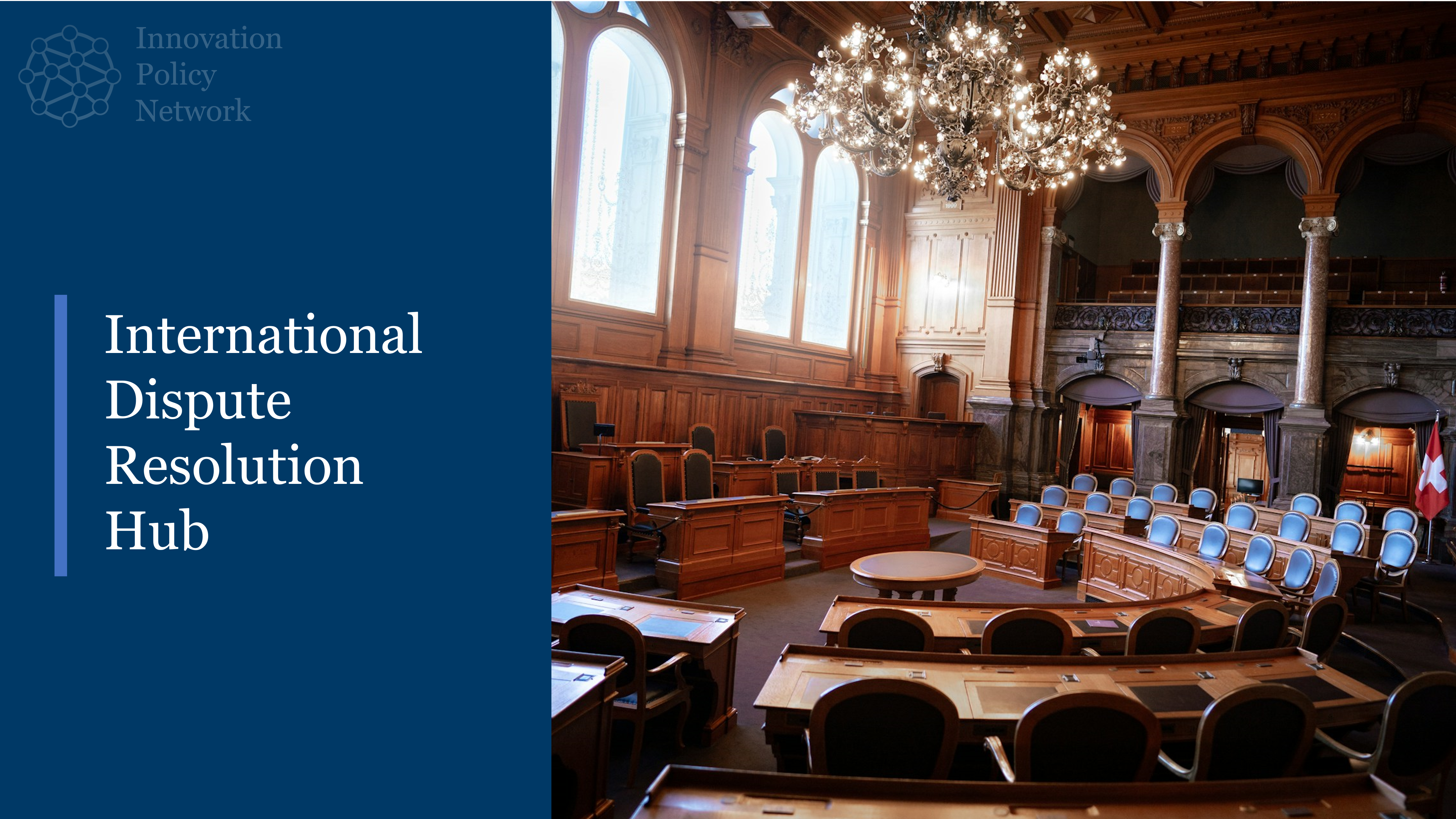Author: Ecem Namlı
The Turkish Intellectual Property regulation seems to be in line with what happens in Europe. However, the legislation has been established more recently and is still on its way to develop, as opposed to what happens in most of the countries that belong to the European Union.
The Industrial Property Law No. 6769 (IPL), which entered into force in 2017, radically updated Turkish Intellectual Property Law by amending old laws and regulations. The Law has witnessed many amendments that harmonized the Turkish Patent Law with the European Patent Convention. In this contribution, we will look at the specific definitions provided by the Turkish legislation.
Trademarks
The Turkish Patent Office defines tradmarks as “[…] any sign, including words, figures, colours, colours, letters, numbers, sounds and the form of the goods or their packaging, including personal names, provided that it enables the goods or services of an undertaking to be distinguished from the goods or services of other undertakings and provided that it can be shown in the register in such a way that the subject matter of the protection granted to the trademark owner can be clearly and precisely understood.” Trademark applications are filed with the Turkish Patent and Trademark Office (TPI) and are valid for 10 years from the date of application. At the end of the term, it can be renewed again and indefinitely in 10-year periods.
Application and Examination
The trademark application form must be filled out in Turkish and there is a requirement for an authorised Turkish trademark attorney for foreign applications. The application can be opposed on the grounds of refusal.
Rights Provided by Trademark Registration
The rights arising from the trademark registration belong exclusively to the trademark owner. Nothing that interferes with the right of registration of the trade mark or causes confusion may be used. In addition, signs that will significantly damage the character of the trademark can never be used without permission.
Cancellation
Trademarks can be cancelled by a court if they are not used for 5 years or if another party claims priority rights.
Patents
The Turkish Patent Office defines patent rights as “monopoly rights granted to the patent/utility model owner for a limited period of time and place in order to prevent the unauthorised production, sale, use or importation of the invention by third parties.” Patent applications must be new, capable of commercial application and inventive. In order for an invention to be patented, it must not have existed before worldwide, it must be of a nature that cannot be deduced from the state of the art by a person skilled in the relevant technical field, and the invention must be applicable and usable in any branch of the industry, including agriculture. The duration of protection for a patent is 20 years from the date of application and 10 years for the utility model. If the patent application is approved, it is published through the official bulletin.
Rights Provided by Patent
The patent owner benefits from the patent right without making any distinction as to the place of the invention, the field of technology and whether the products are imported or domestically produced. The patent owner has the right to prevent acts such as the unauthorised production, sale, use, import and use of the product subject to the patent by third parties.
Geographical Indications
Geographical indications of origin, which express a reputation for the quality of products, can be registered in Turkey under the Intellectual Property Law.
Protection
The start of the protection period is the filing date. Specialised courts for patent and trademark enforcement cases are located in Ankara, Istanbul and Izmir. General protection for IP infringement, including unfair commercial competition, is regulated in the Turkish Commercial Code.
***
In an effort to encourage foreign direct investment, Turkey has implemented a modern and strong intellectual property regime. Turkish IP law is indeed becoming increasingly important for global companies and anyone selling products or doing business in Turkey.



Leave a Reply